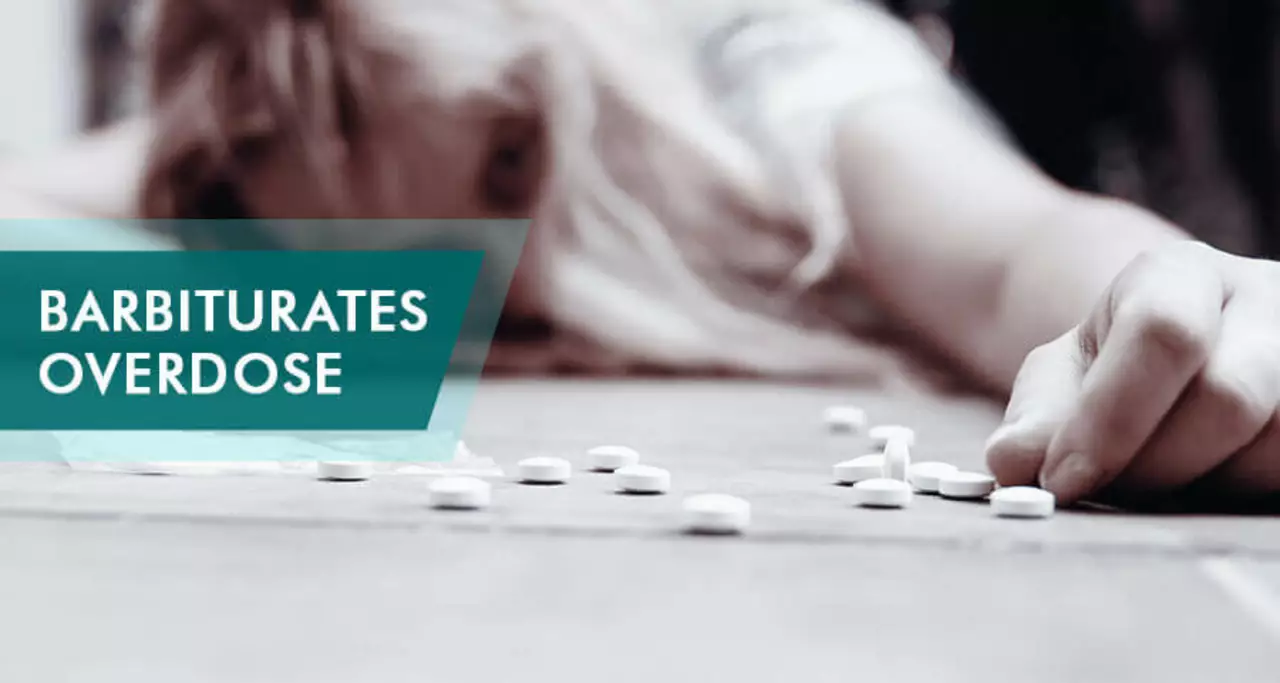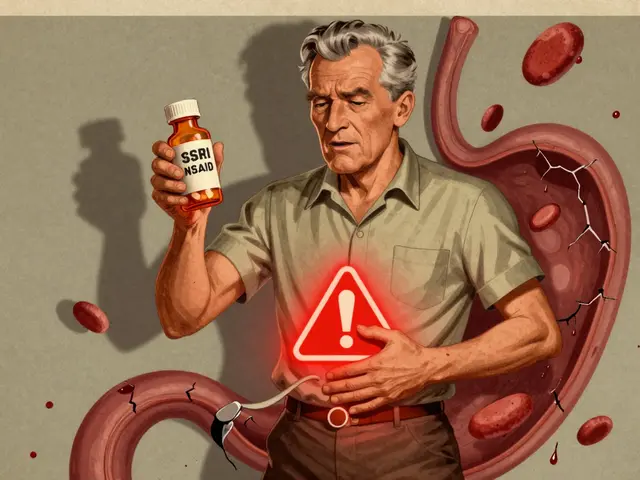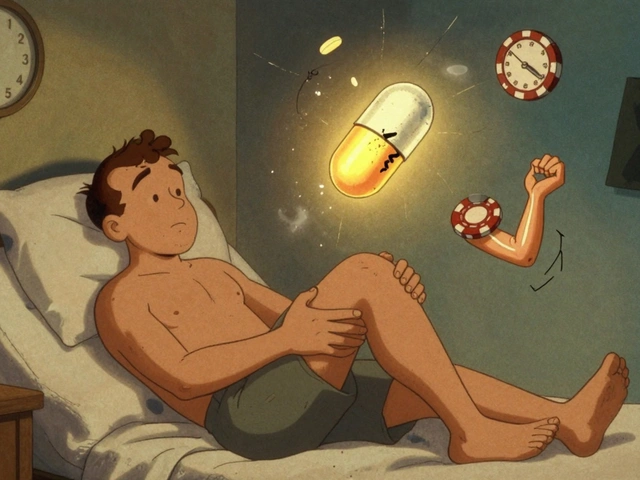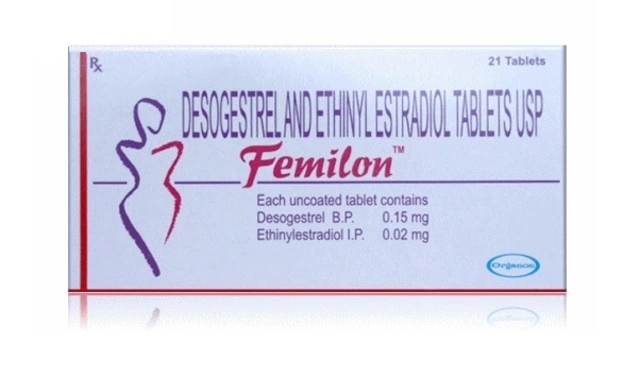Valacyclovir: What it treats, how to use it, and simple safety tips
Valacyclovir (brand name Valtrex) is an antiviral used for herpes viruses: cold sores, genital herpes, and shingles. It won’t cure the virus, but it cuts symptoms, shortens outbreaks, and lowers how much virus you shed. Start treatment as soon as you notice tingling, pain, or the first blister for best results.
How valacyclovir works and when to use it
Valacyclovir turns into acyclovir in the body and stops the virus from copying itself. Doctors prescribe it for: cold sores (herpes labialis), first episodes or recurrent genital herpes, and shingles (herpes zoster). People with frequent genital outbreaks may take a daily low dose as suppressive therapy to reduce attacks and transmission risk.
Common real-world uses: treat a new genital outbreak, shorten a shingles episode when started within 72 hours of the rash, or nip a cold sore in the bud during the prodrome (that tingling stage).
Dosage, side effects, and safety tips
Typical dosing (standard adult examples): shingles — 1 g three times a day for 7 days; initial genital herpes — 1 g twice daily for 10 days; recurrent genital herpes — 500 mg twice daily for 3 days or 1 g twice daily for 1–3 days depending on the situation; cold sores — 2 g twice in one day (taken 12 hours apart) if started at first sign. Kidneys clear the drug, so doctors lower doses when kidney function is reduced.
Common side effects are headache, nausea, stomach pain, and tiredness. Serious problems are rare but include confusion or kidney issues in people with poor renal function. Stay hydrated while taking valacyclovir, and tell your doctor if you have kidney disease or take other drugs that can hurt kidneys.
Drug interactions: some medicines (like probenecid) raise valacyclovir levels. Combining many kidney-impacting drugs can increase risk. Always tell your provider about all meds and supplements.
Pregnancy and breastfeeding: doctors sometimes use valacyclovir in pregnancy to prevent outbreaks near delivery. If you’re pregnant, planning pregnancy, or breastfeeding, discuss risks and benefits with your OB or pediatrician.
Practical tips: start as soon as symptoms appear, finish the course, and avoid sexual contact during active genital lesions. Using condoms lowers but doesn’t eliminate transmission. For shingles prevention, adults 50+ should talk to their doctor about the Shingrix vaccine.
Buying and prescriptions: valacyclovir is prescription-only in most countries. If you buy online, choose a licensed pharmacy that requires a prescription and has clear contact info and verified reviews. Avoid suspiciously cheap offers and sites that don’t ask for a prescription.
Call your doctor or ER if you develop high fever, sudden confusion, severe dizziness, trouble urinating, or a rapidly spreading rash. For routine questions about dosing or interactions, your pharmacist is also a good, quick resource.

Valacyclovir Overdose: Symptoms and What to Do
I recently came across some important information about Valacyclovir overdose, and I wanted to share it with you all. Valacyclovir is an antiviral medication used to treat herpes infections, but an overdose can be dangerous. Symptoms of an overdose include extreme dizziness, hallucinations, and even seizures. If you or someone you know is experiencing these symptoms, it's crucial to seek immediate medical attention. Remember, it's always better to be safe than sorry, so don't hesitate to contact a healthcare professional if you're unsure.
Read More




